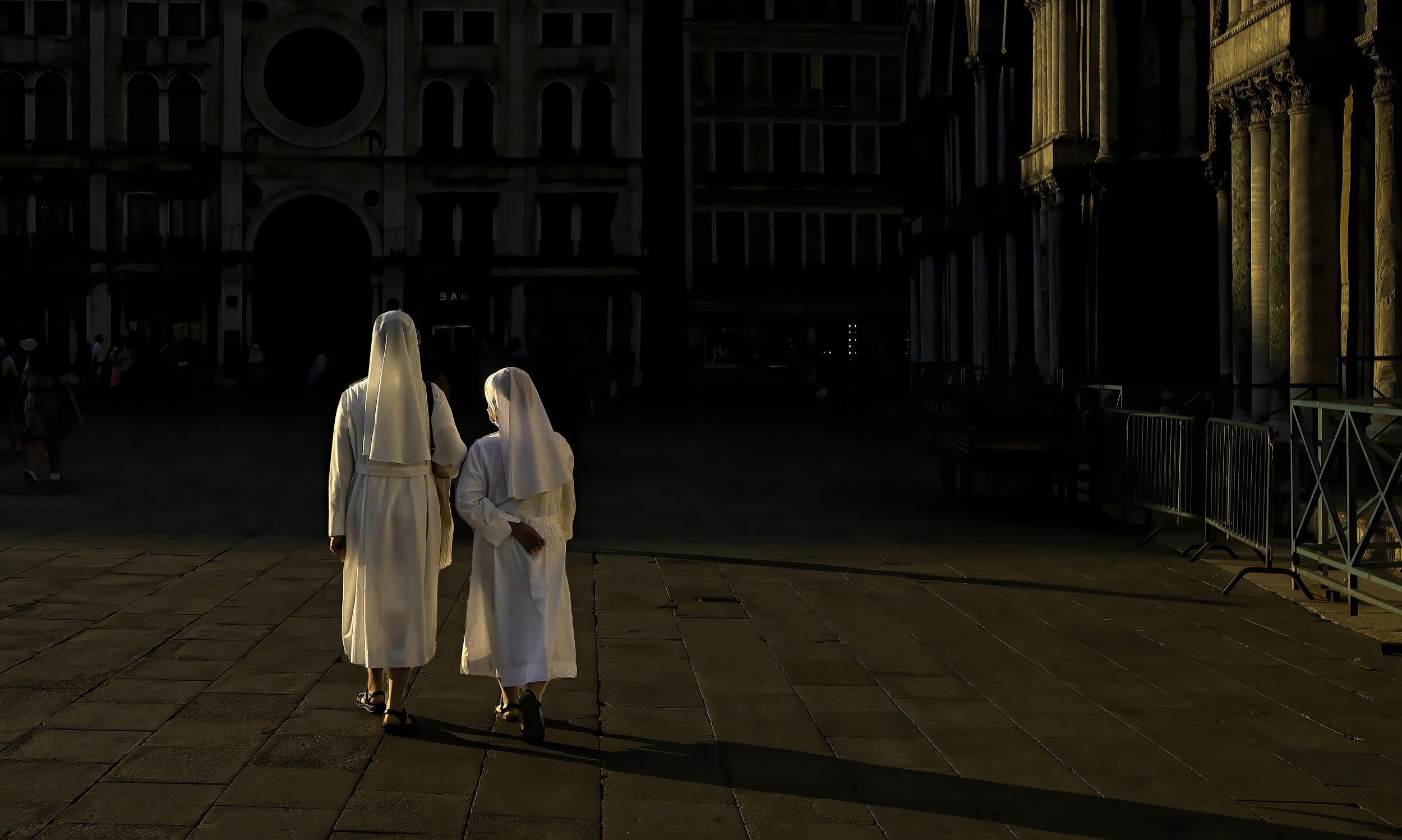
Make Justice a Habit
Franco Mulakkal, a Catholic bishop in India, was acquitted in a historic sexual assault trial last week. He had been accused of numerous assaults of a nun over two years. The New York Times wrote that this case is likely the first of its kind and notes that "the church was slow to react" and only responded after several nuns publicly protested and staged a hunger strike in support of the accuser. This case in India has highlighted a largely invisible issue: sexual violence against nuns.
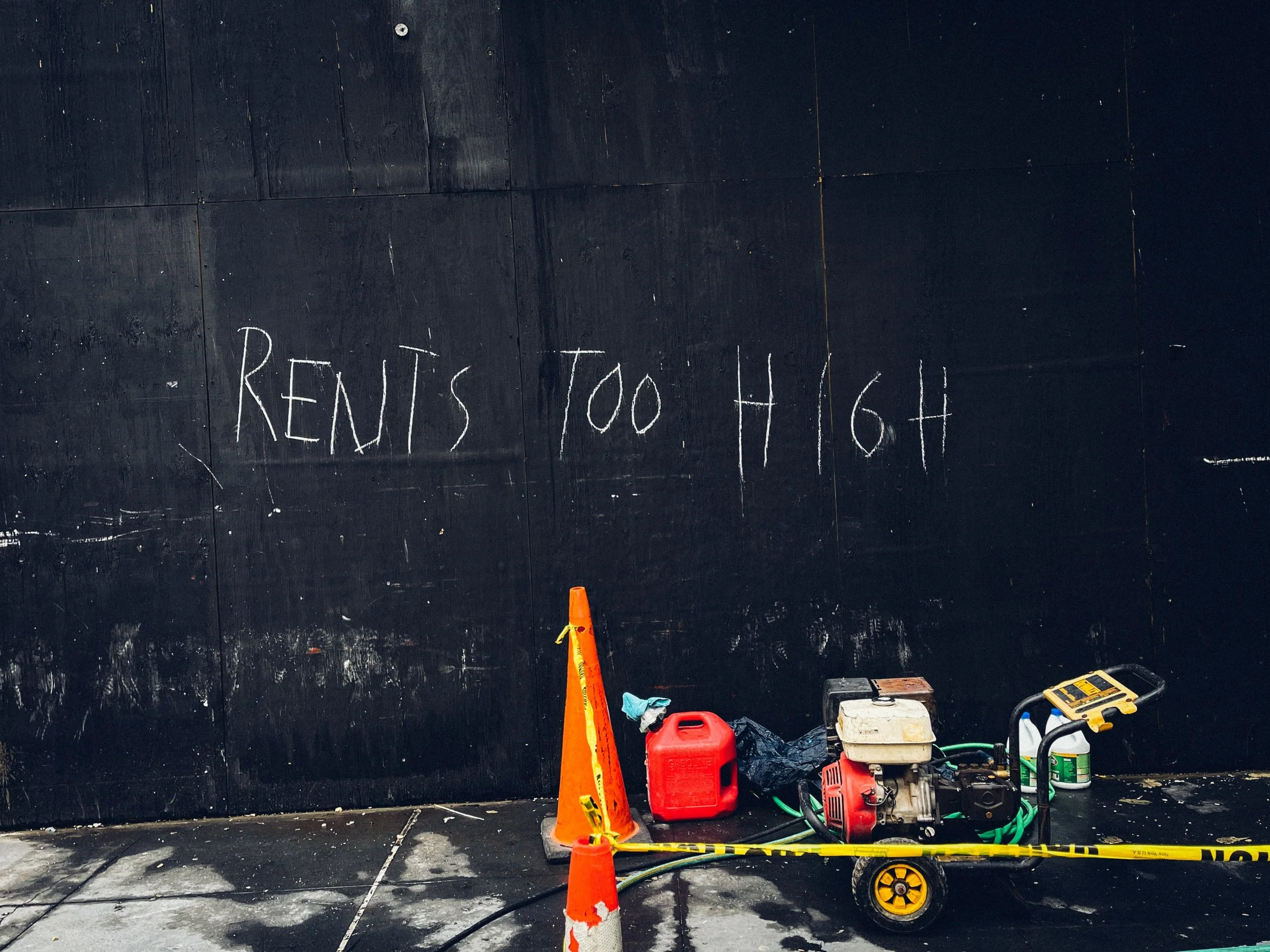
Turning Up the Heat on Landlords
On Sunday, January 9, a defective space heater started a deadly fire in an apartment building in the Bronx. New York City's officials said that more than 60 people were injured and 17 were killed, including children. The building had been popular with new immigrants from The Gambia, in West Africa. Ambassador Dawda Docka Fadera, the Gambian ambassador to the U.S., expressed sorrow and shock on behalf of the Gambian diaspora in the U.S. and Gambians abroad, saying, "It's so sad that this horrific and tragic incident took so many lives, and left many people fighting for their lives."
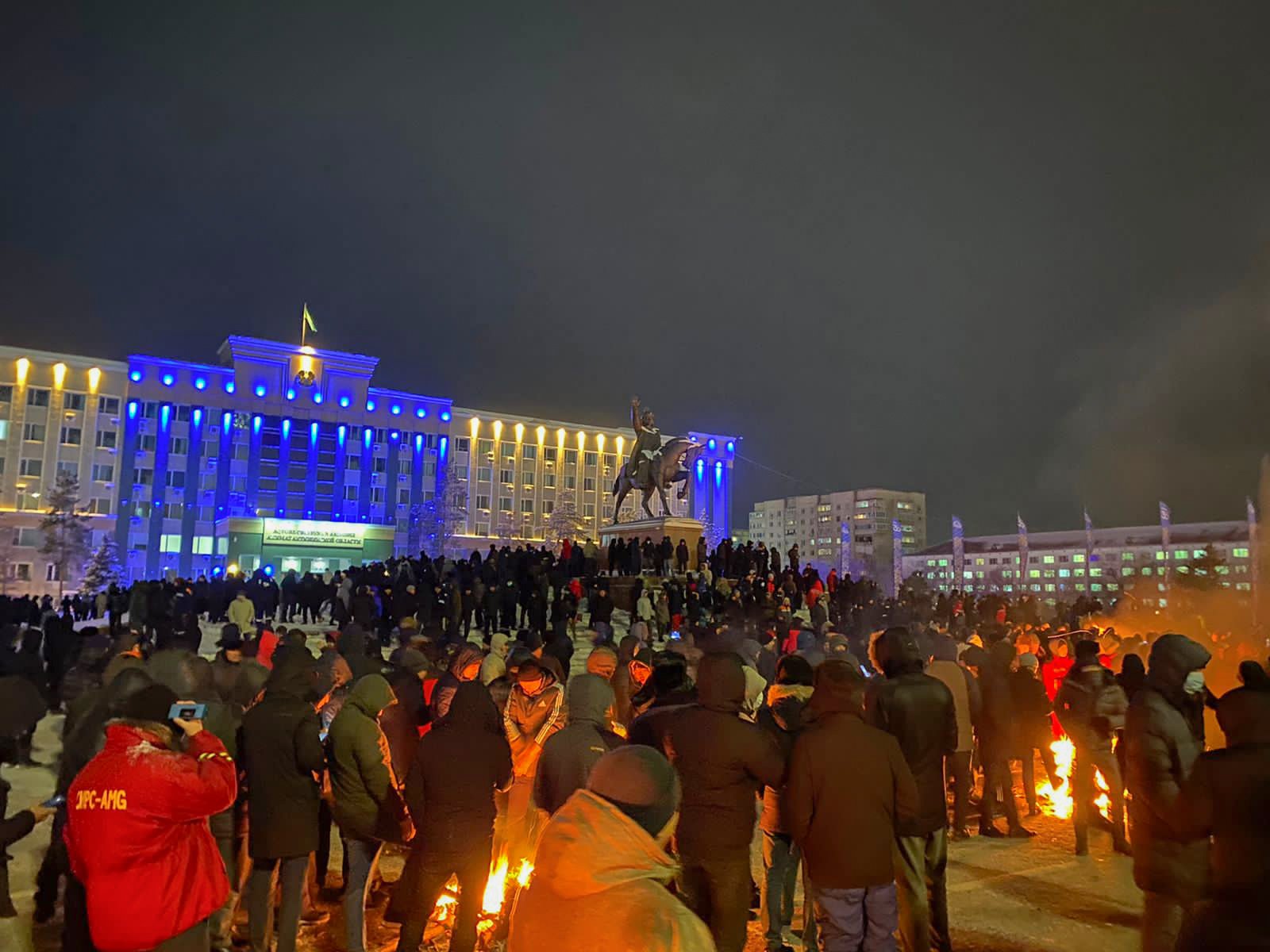
"Shoot to Kill Without Warning"
Kazakhstan rang in the new year with deadly protests. Similar to the 2020 protests in Thailand, a small, seemingly isolated demonstration quickly spread a wave of discontent across the country. Taking a page from Myanmar's military junta's playbook, President Kassym-Jomart Tokayev has restricted internet access and given security forces the authority to "shoot to kill without warning." Should other countries intervene?

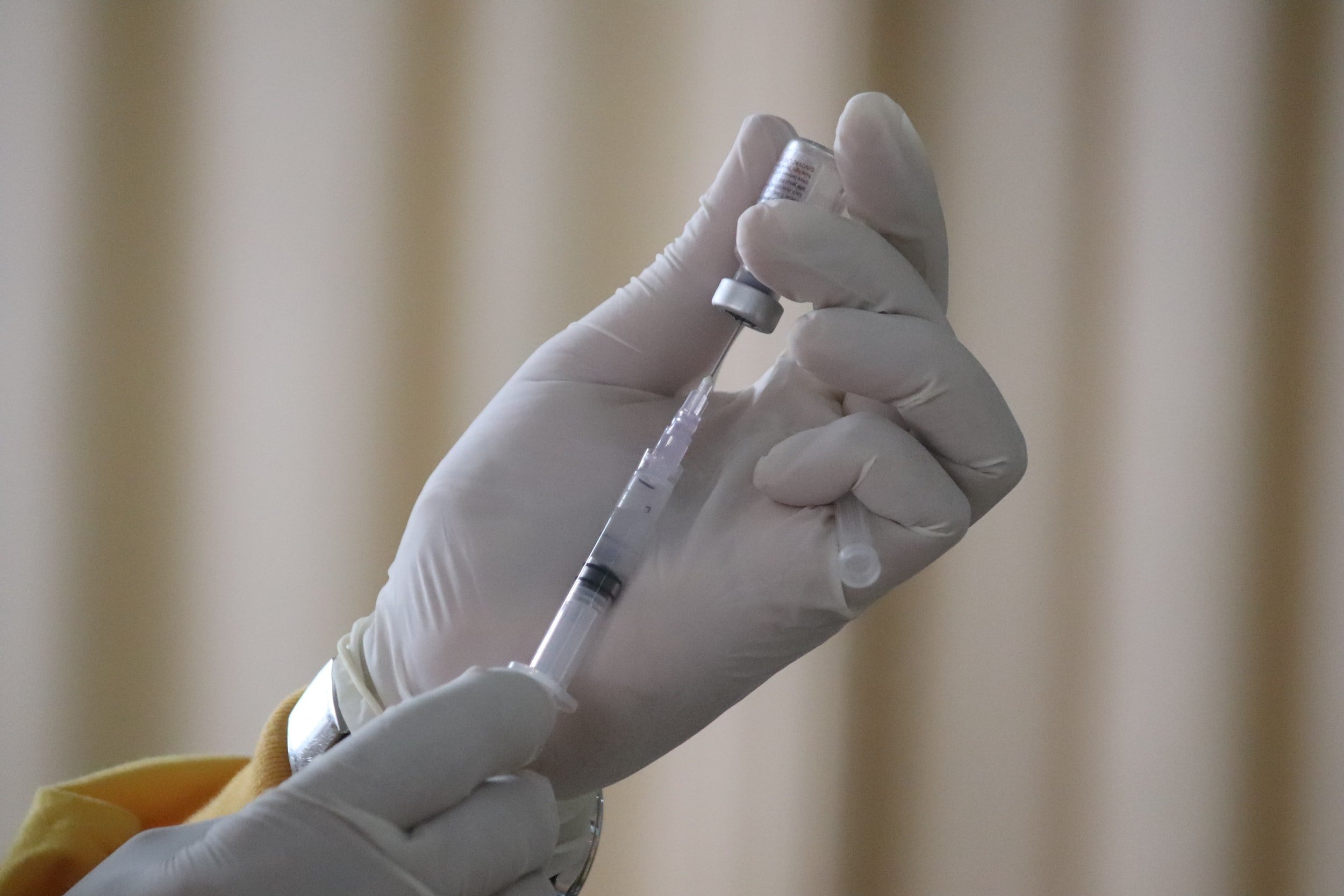
The Race to Meet Vaccine Deadlines
Is the spread of the omicron variant linked to vaccine inequality? Since the introduction of the first COVID-19 vaccines, scientists have been clear that mutations could emerge if wealthy nations did not adequately share access to vaccines. While scientists are still looking into the origins of omicron, and the latest evidence does not point to where it was first sequenced in southern Africa, the fact remains that much of the developing world is still struggling to gain access to COVID-19 vaccines. How can we solve this problem?
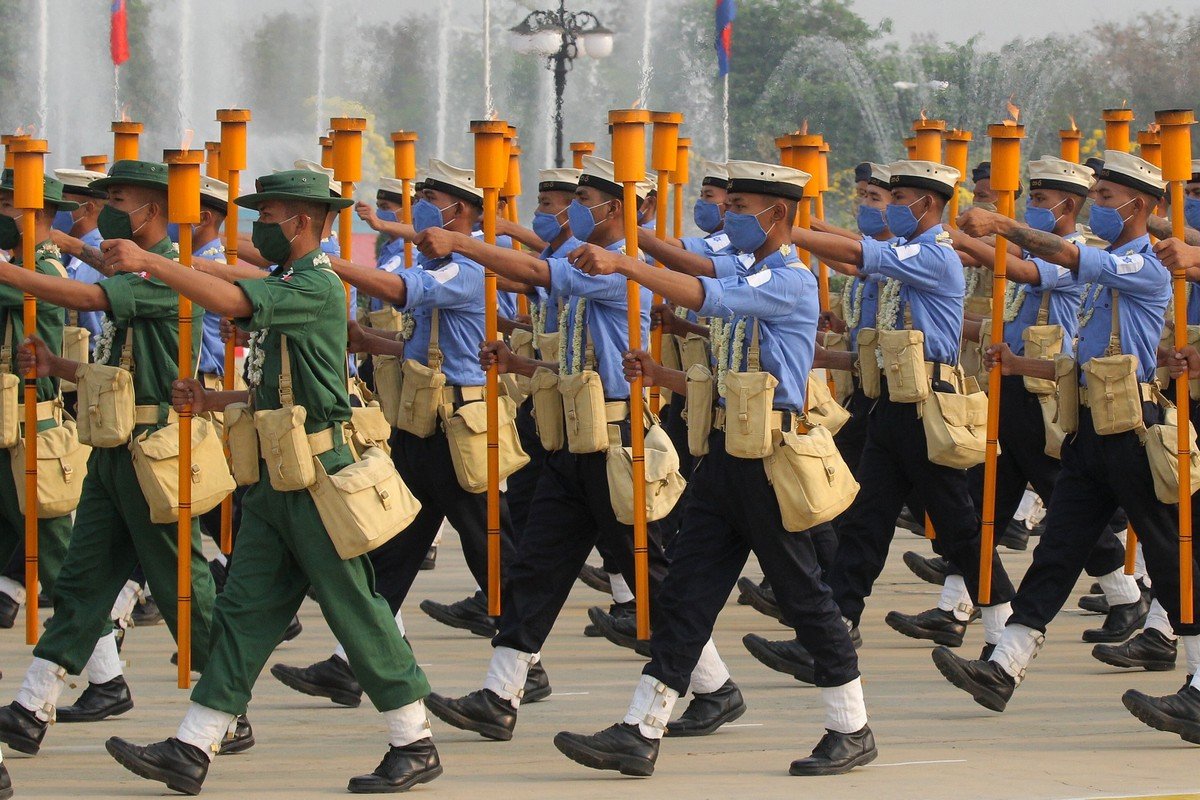
"An Army with a Heart of Darkness"
In "The Revolution Will Not Be Televised," we covered the early 2021 military coup in Myanmar (also called Burma). On February 1, the Tatmadaw (the official name of the military) seized control of the country, detained civilian leaders, and disrupted access to communications to silence their people and limit the press. The military has since mounted a campaign of persistent violence. Can the international community work together to stop the Tatmadaw?
